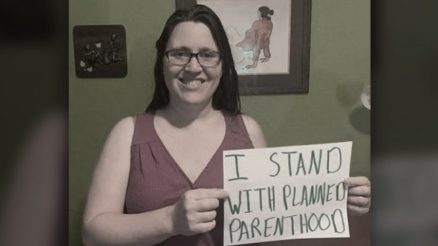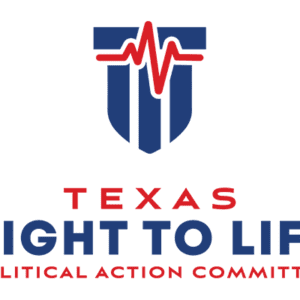Desperate parents feel euthanizing their six children is only way to help them
A desperate couple in India believe they are faced with an impossible predicament: watch their children suffer from a rare neurological condition for years until the disease kills them or end their children’s suffering through euthanasia. Their state of distress seems to have led the family to believe that directly killing their children would be better for them than to suffer indefinitely. “I am tired of taking care of my children,” said the father. “I'm a normal sweet shop owner, there's only so much I can do for them. That is when I decided to write to the President of India, pleading euthanasia for my children.” The children’s mother agreed, saying that her children want to live normal lives but they are confined to home due to a lack of treatment.
Although the children’s diagnosis has not been confirmed by a second opinion, doctors in New Delhi believe they are suffering from a neurological disorder called ‘tropical spastic paraplegia.’ The Times of India reports:
Mohd Nazir, who has eight children, said that he wanted euthanasia for six of his kids — five sons and one daughter — who are suffering from a rare neurological disorder which has almost paralysed their lower body and affected their voice and vision as well. Nazir, who is a resident of Bada Ghalibpura, while submitting his letter to the district administration, requested that it may also be forwarded to the president, Pranab Mukherjee. "It's after exhausting all options that I am forced to take this decision. I simply cannot bear to see my children suffering since I am powerless to help them," the distraught father told TOI.
The most gut-wrenching fact of the story is that their children’s condition is treatable, but the impoverished family has no way of obtaining or paying for the treatment. The parents have petitioned the government for permission to euthanize their children.
The leader of an Indian NGO, the Institute of Child Development, is speaking out in the wake of the euthanasia request. Dr. Mansoor Alam said: “The family should not feel despondent and contemplate extreme steps. Proper medical management can ensure that the children are able to lead dignified lives. There are a number of organisations like ours which can guide the family in this regard.” However, whether such aid is actually accessible to the family is unclear.
The children’s father has said that if the president will not grant permission for him to actively euthanize his children, then he asks for the financial assistance necessary to provide them with treatment. A government official in the family’s district said that the family was visited by a team, and that the process of creating identification cards and BPL (“below poverty line”) cards for the family to receive aid has begun.
Passive euthanasia, was legalized in India in 2011, and the government there defines this act as the withdrawal of medical treatment directly intended to end the Life of a terminally-ill person. The father’s petition to euthanize his children has raised questions of whether the government will take the allowance further, extending the law to permit active euthanasia. As we see time and again, the instigation of anti-Life policies for the sick and dying precipitates a slippery slope to greater offenses against the dignity of Life. Communities must provide aid and encouragement – not a death sentence – in circumstances where suffering seems insurmountable.




